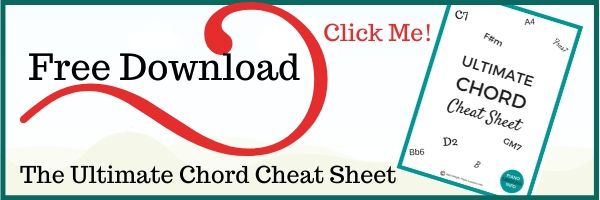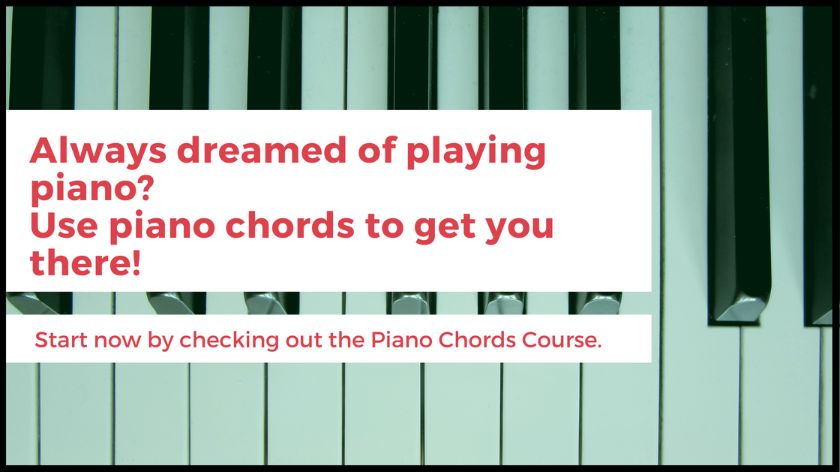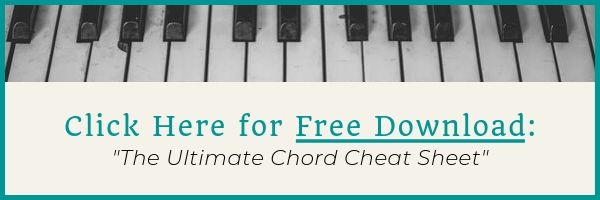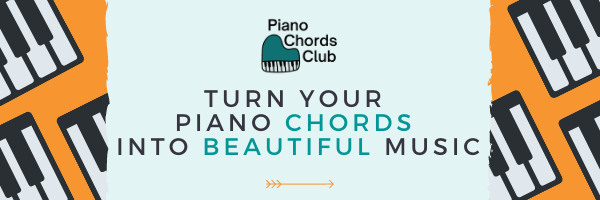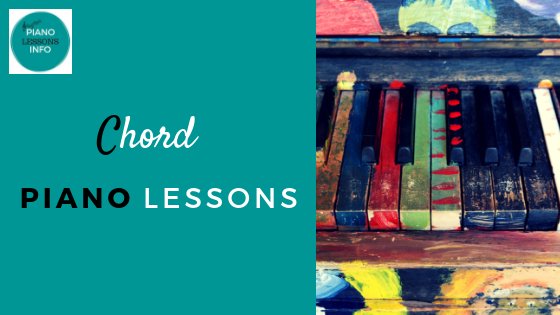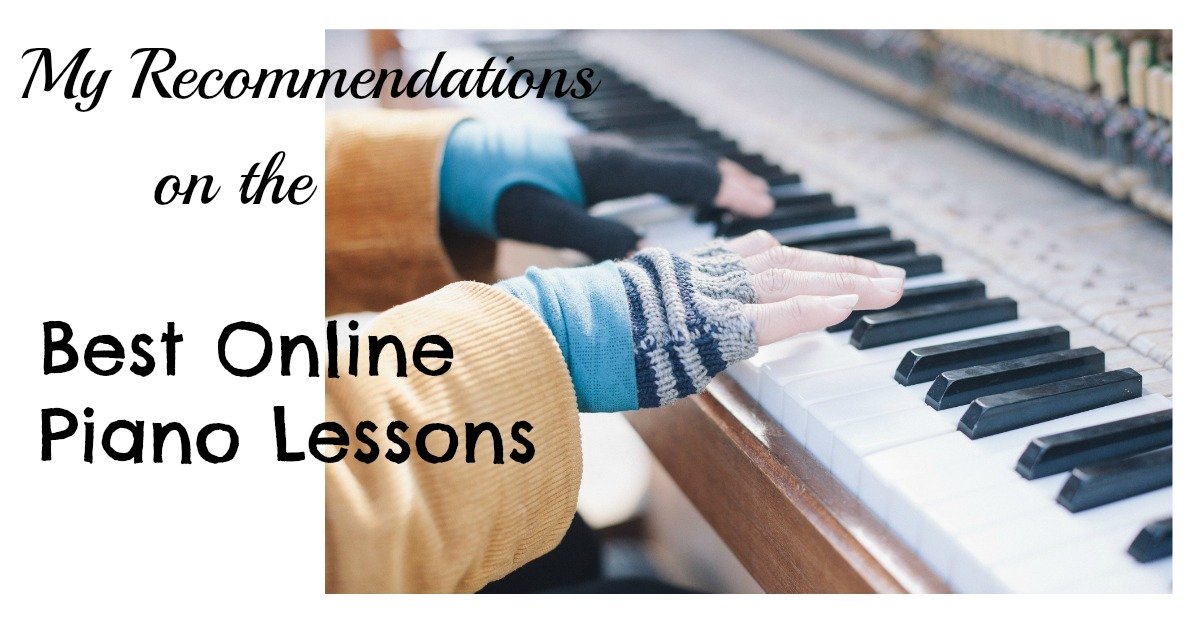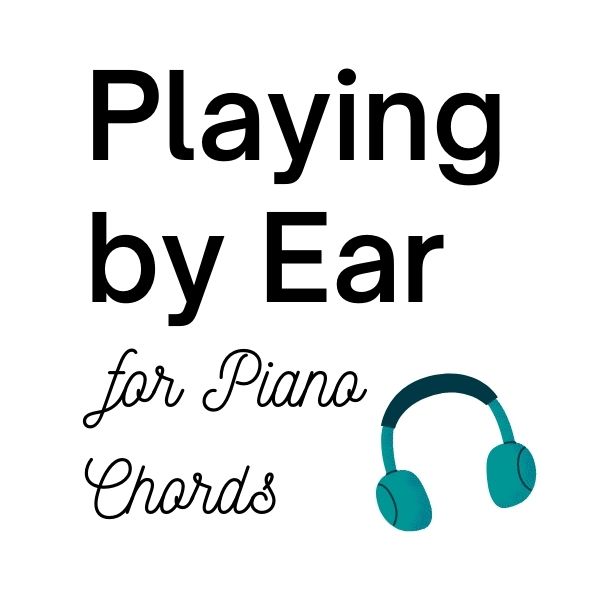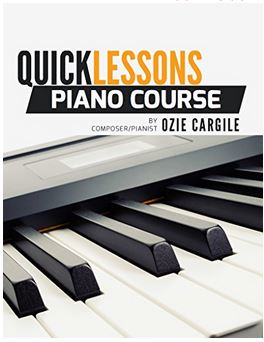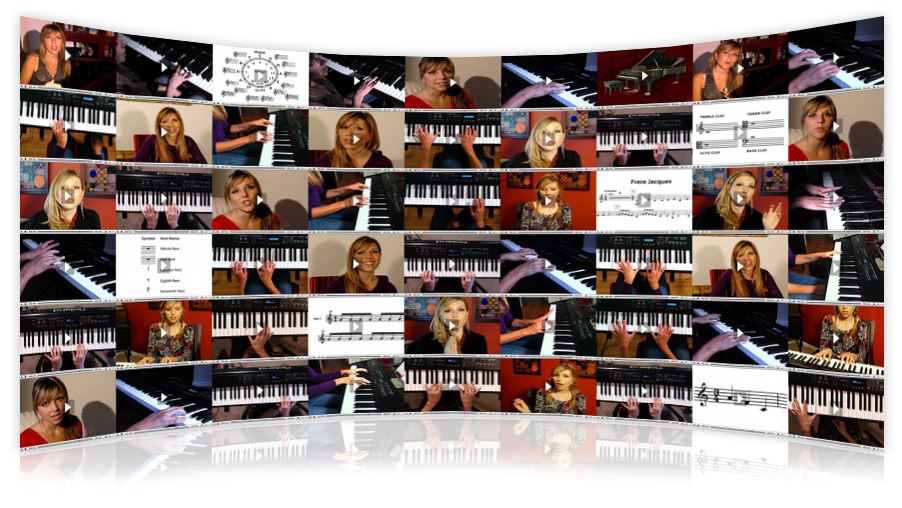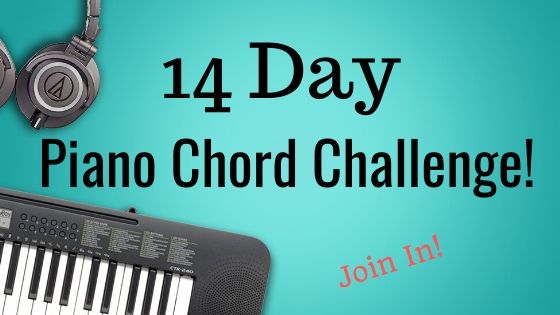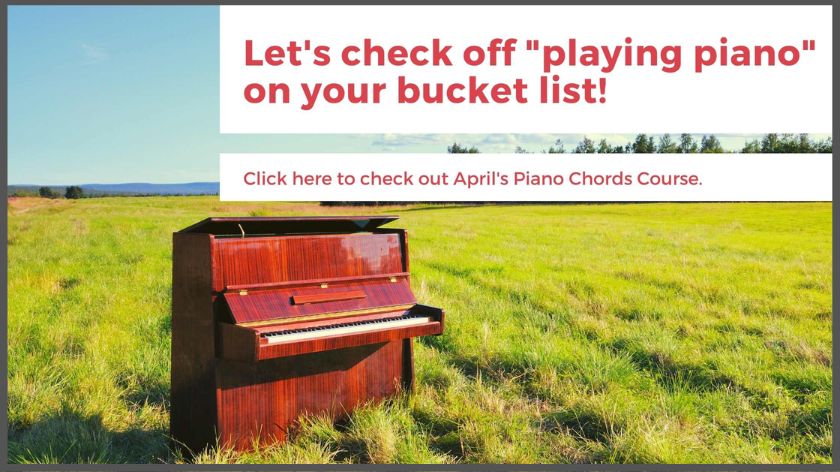Piano for Adults:
The Best
Approaches for Learning
Learning piano for adults is much different than it is for children. Some adults think it is too late to learn - when it is not!
What children have on their side is a lot of time and parents to encourage practicing. What adults have is intellect and understanding plus motivation. It's a great combination.
My general recommendation for adults to learn piano is to take online lessons and to learn chords.
(Not sure what chords are? Read: What are Piano Chords?)
Why Should Adults Learn Piano?
There are numerous reasons why adults should consider learning the piano. Firstly, playing the piano offers a wonderful opportunity for personal growth and self-expression. It allows adults to engage in a creative and artistic outlet, providing a means to express emotions and connect with the music on a deeper level.
Learning to play the piano also promotes mental well-being by stimulating cognitive functions such as memory, concentration, and problem-solving skills. It has been proven to enhance brain plasticity, improve coordination, and increase overall mental agility. (See more on what happens to your brain when playing piano.)
Playing the piano serves as an effective stress-reliever, offering a therapeutic escape from the demands of daily life. It can be a source of relaxation, allowing adults to unwind and find solace in the beauty of music.
And not to be ignored, learning the piano at any age fosters a sense of accomplishment and fulfillment. It is a rewarding journey that encourages discipline, perseverance, and personal growth, instilling a sense of pride and satisfaction in one's progress and achievements. Ultimately, the piano provides adults with a lifelong musical companion, enriching their lives and bringing joy, beauty, and fulfillment.
Is There A Right Age to Learn Piano?
Why Learn to Play Piano Chords?
To learn piano as an adult, you want to start playing as soon as possible. Right? Learning to play by chords is fast. It's also very flexible. You can develop your own style of playing.
What are chords? They are groups of notes played together. You use chords to play rock, pop, gospel, jazz, blues and other styles. (Just not classical.)
Along with chords I do recommend learning to play from notes also. You don't have to in order to play chords. But it's a very good thing to know.
I have an awesome course on chords. Click here to check out You Can Play Piano Chords Course.
Should Adults Learn Piano Online?
I often recommend online piano lessons and the reason I do so is because they are fast, convenient and good. Sometimes better than a private teacher (but not always).
With a teacher, you will learn the beginning concepts and then go home and practice them for a week. And then do the same the next week. The problem with this is that these early concepts don't take long to master. Maybe 30 minutes of practice. Then you have a while to wait until the next lesson.
Learning online let's you speed up (or down) as much as you want to. Piano for adults should go quickly in the beginning. Adults have the ability to understand and play songs sooner.
Online lessons are good and they are also less expensive than private lessons.
I also want to note that many private teachers don't know that much about chords. Most people who have taken and then teach piano lessons focus on classical music.
There's nothing wrong with this. I just consider learning chords the best approach in piano for adults.
Want to Learn Classical Piano?
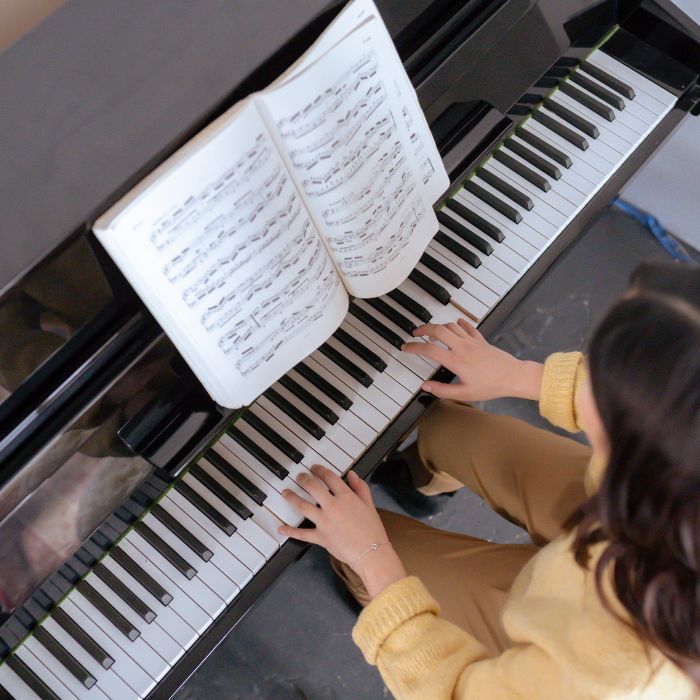
If you would like to be able to play classical music, you should study with a private teacher. Online lessons can teach you the basics but classical piano needs to be coached one-on-one.
Overall, piano for adults is about learning to do something creative and enjoyable. It takes some growing and learning but you will love the results!
Piano For Adults FAQ
Q: Is it possible for adults to learn piano even if they have no prior musical experience?
Q: Is it possible for adults to learn piano even if they have no prior musical experience?
A: Absolutely! Learning piano as an adult is entirely possible, regardless of your previous musical background. With the right approach, patience, and practice, anyone can develop their piano skills and enjoy the journey of learning to play.
Q: What is the recommended approach for adults to learn piano?
Q: What is the recommended approach for adults to learn piano?
A: The best approach for learning piano as an adult depends on individual preferences and circumstances. However, a combination of structured lessons, consistent practice, and utilizing various learning resources can be highly effective. Consider taking formal lessons from a qualified piano teacher who specializes in adult learners. They can provide guidance, personalized instruction, and accountability. Online courses is another way to go or even to add on to in-person lessons.
Q: How much time should adults dedicate to practicing the piano?
Q: How much time should adults dedicate to practicing the piano?
A: Consistency is key when it comes to piano practice. Aim to practice regularly, ideally setting aside at least 20-30 minutes a day, five days a week. However, it's important to find a practice routine that suits your schedule and commitments. If you can dedicate more time to practice, it will naturally accelerate your progress.
Q: Are there any specific techniques or exercises that adults should focus on?
Q: Are there any specific techniques or exercises that adults should focus on?
A: Adults can benefit from various techniques and exercises to develop their piano skills. Start with the basics of proper hand positioning, posture, and finger dexterity. Focus on scales and chords / triads to improve finger coordination and familiarity with the keyboard. Additionally, sight-reading exercises, music theory study, and learning to play songs across different genres can expand your musical understanding and repertoire.
Q: How can adults overcome challenges or frustrations during the learning process?
Q: How can adults overcome challenges or frustrations during the learning process?
A: Learning piano, like any new skill, can have its challenges. Patience and perseverance are vital. Break down complex pieces into smaller sections and practice them individually before putting them together. Celebrate small achievements and milestones to stay motivated. Don't be afraid to ask questions and seek guidance from your teacher or fellow pianists. Remember that progress takes time, and enjoy the process of learning and exploring the beauty of music.
Q: Are there any advantages for adults learning piano compared to children?
Q: Are there any advantages for adults learning piano compared to children?
A: While children have the advantage of absorbent minds and flexible learning abilities, adults also possess unique advantages when learning piano. Adults typically have a deeper appreciation for music, more developed motor skills, and a better understanding of musical concepts.
They can approach learning with discipline, focus, and the ability to set specific goals. Adult learners can also choose their preferred musical genres and tailor their learning experience accordingly.
Q: Can adults participate in piano recitals or perform in public?
Q: Can adults participate in piano recitals or perform in public?
A: Absolutely! Adults can participate in piano recitals, community events, or even form small ensembles to perform publicly. Many music schools or community centers offer performance opportunities for adult learners. Performing in front of an audience can be a rewarding experience, enhancing confidence and providing a sense of accomplishment.
Q: Is it ever too late for adults to start learning piano?
Q: Is it ever too late for adults to start learning piano?
A: It is never too late to start learning piano as an adult. The joy of music knows no age limits. Whether you're in your 20s, 40s, 60s or 80s, embarking on the journey of learning piano can bring immense fulfillment, personal growth, and a lifelong source of joy. Embrace the process, enjoy the music, and savor every step of your musical journey.
Return from Piano
for Adults to the Piano
Playing Guide or Piano
Lessons Info Homepage.
Recent Articles
-
Piano Notes Chart
Nov 20, 23 10:21 PM
Find a piano notes chart for treble clef and bass clef notes as well as the different types of notes. -
D Chord on Piano + Diagram, How To & Theory
Oct 24, 23 12:20 AM
Learn how to play the D chord on piano with diagram, fingering, D/A, D/F# and a theory explainer. -
Diminished Piano Chords: Chart & How to Make Them
Oct 09, 23 09:23 PM
Learn the different diminished piano chords and how to make them. Here you'll find both a diminished chord chart and an explanation.
- Home
- Beginner Piano Guide PDF
- Piano for Adults
Free Download:
Ultimate Chord Cheat Sheet
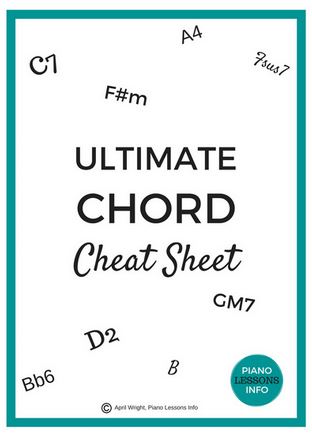
Subscribe below and get free access to the (printable) Ultimate Chord Cheat Sheet.
